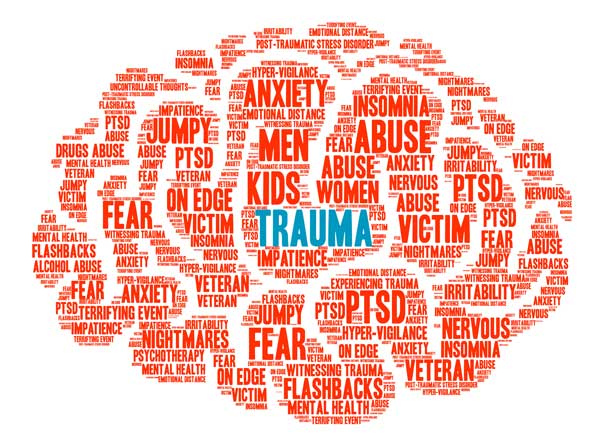Psychotraumatology
Advanced Counseling and Research Services
Liberty Place
313 West Liberty Street, Ste. 224
Lancaster, PA 17603
Liberty Place
313 West Liberty Street, Ste. 224
Lancaster, PA 17603
Mon-Thu: 10 AM - 6 PM, Fri: 10 AM - 3 PM, Sat: 9 AM - 12 PM, Sun: Closed
Tel. 717-394-3994Fax: (717) 394-0124email: acrs@advanced-counseling.com 

Play Video
Psychotraumatology is a vital field that addresses the complexities of Trauma and its impact on individuals and communities. By understanding Trauma and its effects, we can better support those who have experienced it and promote healing and resilience.
If you or someone you know is struggling with the effects of trauma, seeking help from th qualified mental health professionals at Avvanced Counseling and Research Services can be a crucial step toward recovery.
What Is Psychotraumatology?
- Is the interdisciplinary study of psychological Trauma and its effects on individuals and communities.
- Encompasses the understanding of how traumatic experiences impact
- mental health,
- behavior, and
- overall well-being.
- Provides a comprehensive approach to Trauma treatment and recover by integrating knowledge from
- psychology,
- psychiatry,
- neuroscience, and
- social sciences
Different Types of Trauma Pschotraumatology Treats
Trauma can arise from various sources, including:
- Acute Trauma: Resulting from a single distressing event, such as an accident, natural disaster, or violent incident.
- Chronic Trauma: Resulting from prolonged exposure to distressing situations, such as ongoing abuse, neglect, or living in a war zone.
- Complex Trauma: Involving multiple traumatic events, often of an invasive, interpersonal nature, such as childhood abuse or domestic violence.
Understanding the different types of Trauma is crucial for effective assessment and intervention.
The Impact of Trauma
Trauma can have profound effects on an individual’s mental, emotional, and physical health.
Common symptoms include:
- Emotional Distress: Anxiety, depression, anger, and mood swings.
- Cognitive Impairments: Difficulty concentrating, memory problems, and intrusive thoughts.
- Behavioral Changes: Withdrawal from social interactions, substance abuse, and self-destructive behaviors.
- Physical Symptoms: Chronic pain, fatigue, and other stress-related health issues.
The Role of Psychotraumatology
Psychotraumatology aims to:
- Assess Trauma: Understanding the nature and extent of Trauma experienced by individuals.
- Develop Treatment Plans: Creating tailored therapeutic approaches that address the unique needs of Trauma survivors.
- Promote Recovery: Supporting individuals in their healing journey through evidence-based interventions, such as cognitive-behavioral therapy (CBT), eye movement desensitization and reprocessing (EMDR), and mindfulness practices.
- Educate and Advocate: Raising awareness about the effects of Trauma and advocating for Trauma-Informed care in various settings, including healthcare, education, and social services.
Therapeutic Approaches in Psychotraumatology
Several therapeutic modalities are commonly used in psychotraumatology, including:
- Cognitive Behavioral Therapy (CBT): Focuses on changing negative thought patterns and behaviors associated with trauma.
- Eye Movement Desensitization and Reprocessing (EMDR): A specialized therapy that helps individuals process and integrate traumatic memories.
- Somatic Experiencing: A body-oriented approach that addresses the physiological effects of trauma.
- Trauma-Informed Care: An approach that recognizes the prevalence of Trauma and integrates this understanding into all aspects of service delivery.
Additional Resources
Cheryl Wilson-Smith
Chief Executive Officer

- Licensed Professional Counselor (LPC);
- Pa. Lic. PC006514
- Fl. Lic. TPMC1044
- Certified Traumatologist (CT)
- National Certified Counselor (NCC)
- Certified Clinical Mental Health Counselor (CCMHC)
- Certified Clinical Trauma Professional (CCTP)
- Certified in Emergency Crisis Response (CECR)
- Master of Arts (MA)
- 20+ years of clinical experience.
- Worked with clients across the lifespan.

